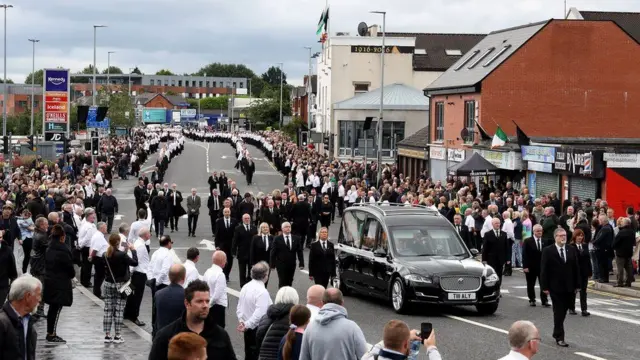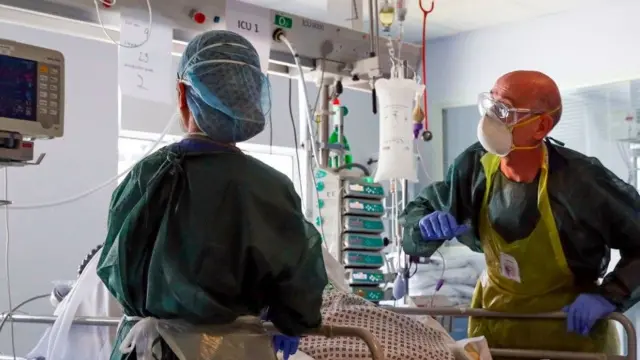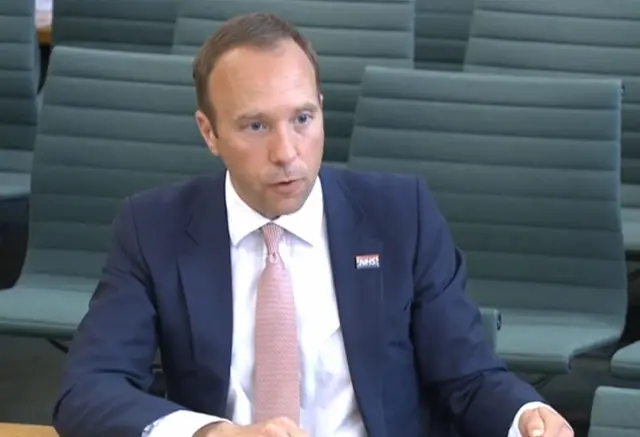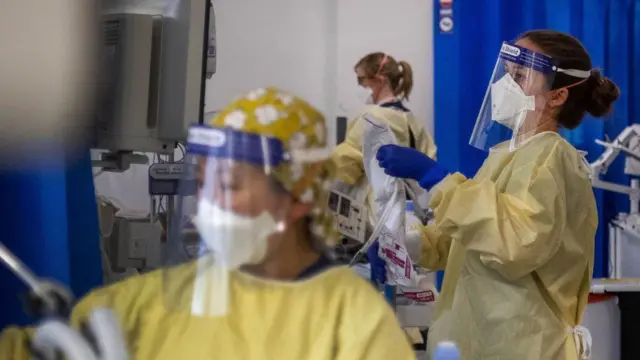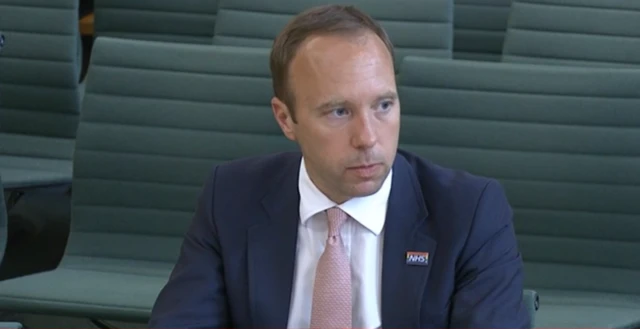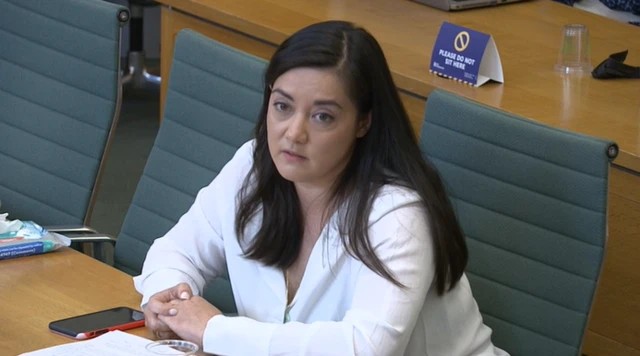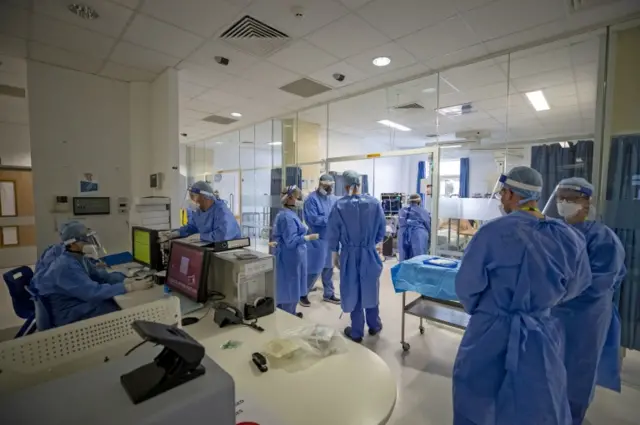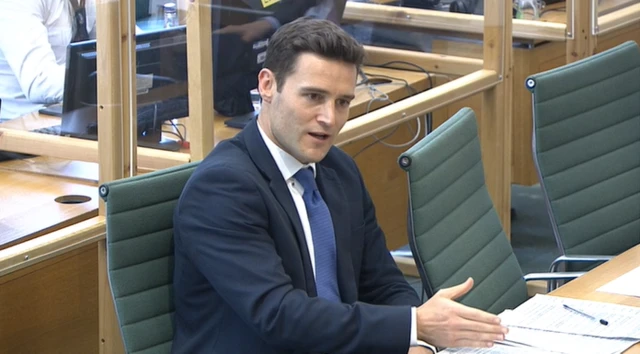Glasgow fan zone will be 'one of safest places to watch Euro 2020'published at 14:46 BST 10 June 2021
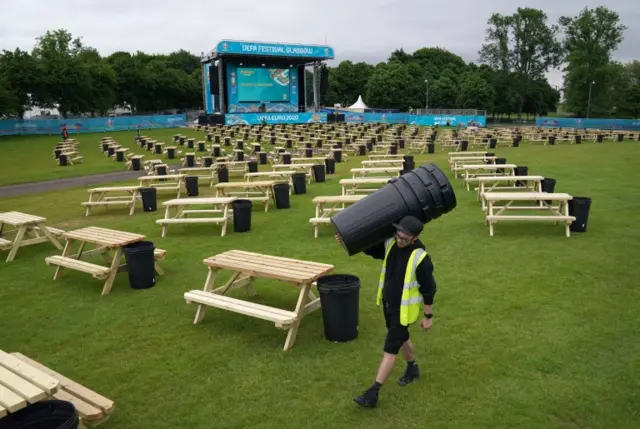 Image source, PA Media
Image source, PA MediaThe Euro 2020 fan zone in Glasgow will be one of the safest places to watch the tournament, an official claims.
Up to 6,000 people a day - split into two sessions - will watch matches at Glasgow Green's fan zone on every day of the tournament, which starts tomorrow.
Some safety concerns had been raised because people are not required to take a lateral flow test before attending - but Scottish Health Secretary Humza Yousaf says it is a "low-risk event".
Chris Weitz, one of the zone's organisers, said it will be safe because fans will be outside, at separate tables, and with two metres social distancing.
It's the first time Scotland's men's team has qualified in more than 20 years.
Read more here on how to watch Euro 2020 this summer.
